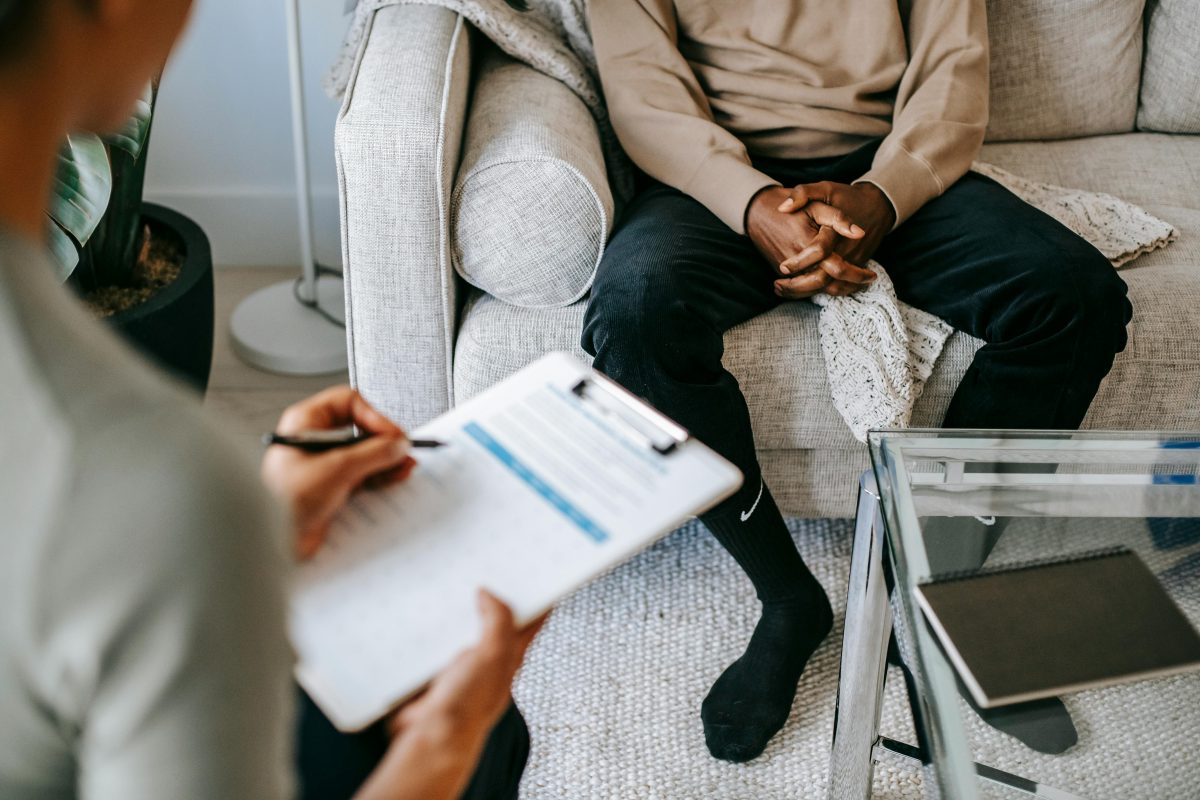Understanding the Importance of Dealing with Anxiety
Dealing with anxiety is an essential part of maintaining mental and emotional well-being. Anxiety can manifest in many ways, such as racing thoughts, rapid heartbeat, restlessness, or even difficulty sleeping. While occasional stress is a normal part of life, Dealing with anxiety that becomes persistent is crucial for living a balanced and fulfilling life. By recognizing its impact and learning healthy ways of coping, individuals can reduce daily stress and improve overall resilience.
Common Causes and Triggers of Anxiety
To begin effectively dealing with anxiety, it helps to understand its root causes. Anxiety may arise from overwhelming responsibilities, financial concerns, relationship struggles, health issues, or unexpected life changes. Even everyday pressures such as deadlines or social interactions can heighten anxious feelings. Identifying personal triggers is the first step in dealing with anxiety, as it allows people to anticipate challenges and prepare practical coping strategies in advance.
The Physical and Emotional Impact of Anxiety
Dealing with anxiety is not only about calming the mind but also about reducing its effects on the body. Prolonged anxiety can lead to tension headaches, muscle pain, fatigue, and even digestive issues. Emotionally, it can cause irritability, worry, and a constant sense of unease. Learning the consequences of anxiety helps highlight why dealing with anxiety should be a priority in self-care routines.
Breathing Techniques for Dealing with Anxiety
One of the simplest yet most effective tools for dealing with anxiety is controlled breathing. Deep breathing exercises help regulate the nervous system and promote relaxation. Practicing techniques such as box breathing—inhale for four counts, hold for four, exhale for four, hold for four—can significantly reduce stress levels. By focusing on breath, individuals shift their attention away from racing thoughts, making it easier to regain calmness while dealing with anxiety.
The Role of Mindfulness in Dealing with Anxiety
Mindfulness has become a proven approach in dealing with anxiety. By staying present and observing thoughts without judgment, individuals reduce overthinking and excessive worry. Techniques such as guided meditation, mindful walking, or simply paying attention to surroundings can ground the mind in the present moment. Practicing mindfulness consistently helps reframe negative thinking patterns and makes dealing with anxiety less overwhelming.
Exercise as a Tool for Dealing with Anxiety
Physical activity is one of the most beneficial methods for dealing with anxiety. Exercise releases endorphins, which are natural mood enhancers, and reduces levels of stress hormones like cortisol. Activities such as yoga, jogging, dancing, or even short daily walks can significantly improve mood and energy. Regular movement not only strengthens the body but also provides a healthy outlet for emotional stress, making it easier to manage anxiety long-term.
Journaling for Dealing with Anxiety
Writing down thoughts and feelings is a therapeutic practice for dealing with anxiety. Journaling allows individuals to express emotions, reflect on experiences, and identify recurring patterns of worry. Creating a gratitude journal is especially effective, as it shifts focus from fear to appreciation. By acknowledging both challenges and positive moments, journaling offers a structured way of dealing with anxiety while fostering emotional clarity.
Building Healthy Routines for Dealing with Anxiety
Structure and consistency are powerful tools when dealing with anxiety. Establishing routines for sleep, meals, and relaxation reduces unpredictability and provides a sense of stability. Prioritizing restful sleep, balanced nutrition, and adequate hydration contributes to improved mental health. By building strong daily habits, individuals create a supportive environment that makes dealing with anxiety more manageable.
Social Connections and Support in Dealing with Anxiety
Dealing with anxiety can feel isolating, but building strong support networks is essential. Talking with friends, family members, or support groups allows individuals to share burdens and gain encouragement. Professional help from therapists or counselors can also provide guidance and coping strategies tailored to specific needs. Strong relationships remind individuals that they are not alone in dealing with anxiety, which makes recovery more achievable.
Professional Help for Dealing with Anxiety
Sometimes, dealing with anxiety requires more than self-help tools. Therapies such as cognitive behavioral therapy (CBT) are highly effective in addressing thought patterns that fuel anxiety. Medication may also be prescribed in severe cases to regulate brain chemistry. Seeking professional assistance ensures that individuals receive comprehensive support when self-care techniques alone are not enough for dealing with anxiety.
Creating a Long-Term Plan for Dealing with Anxiety
Dealing with anxiety is not about finding a quick fix but about building long-term resilience. Combining multiple strategies—such as breathing exercises, mindfulness, journaling, healthy routines, and professional support—creates a holistic approach. Over time, individuals can recognize early warning signs, respond with effective coping techniques, and prevent anxiety from controlling daily life.
Final Thoughts on Dealing with Anxiety
Dealing with anxiety is a journey that requires patience, consistency, and self-compassion. While everyone experiences worry and stress, learning to manage them effectively helps maintain emotional balance and peace of mind. By practicing mindfulness, strengthening social connections, building healthy routines, and seeking support when needed, individuals can develop the tools necessary for a calmer and more fulfilling life. Hearts & Minds Development emphasizes that dealing with anxiety is not a sign of weakness but a powerful step toward greater mental strength and well-being.



